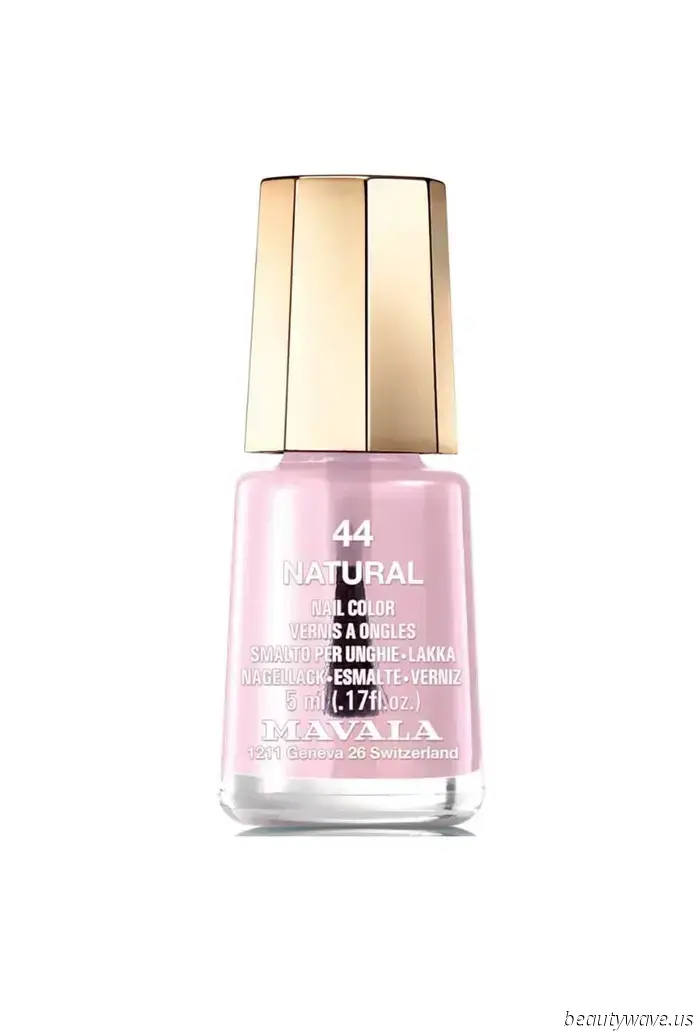
Millennials and Gen-Z Are Experiencing Money Dysmorphia—Here’s What It Entails.
I never envisioned my wedding day or meeting my Prince Charming as a child. Instead, I fantasized about luxury fashion, upscale cars, and a lavish lifestyle. Fortunately, my aspiration for financial independence has always kept me grounded. My savings account holds more than three months' worth of expenses, I consistently pay my bills in full and on time, and I maintain minimal debt. This should be reassuring, but inflation and widespread layoffs in my field have left me feeling anxious about finances. Additionally, my frequent exposure to stunning homes and extravagant vacations of others on social media has only heightened my worries, prompting me to question why I lack the same luxuries.
Somewhere along the line, social media became my benchmark for financial success, and this issue affects many others as well. This financial anxiety has become so widespread that the internet has coined the term "money dysmorphia." While it's comforting to know I'm not alone in my financial apprehensions, we can all agree that achieving financial stability and confidence is the preferable option. Therefore, I set out to understand money dysmorphia better, its impact, and how to address it. Ahead, you'll find everything you need to know if you're experiencing it too.
**MEET THE EXPERT**
Courtney Alev serves as the Associate Director of Product Management at Credit Karma and is also their Consumer Financial Advocate. In her role, Courtney is tasked with developing Credit Karma’s next generation of product features aimed at helping members to understand, grow, and safeguard their wealth.
**What is money dysmorphia?**
Analogous to how individuals with body dysmorphia perceive their appearance inaccurately, those with money dysmorphia have a distorted perspective of their finances. This generally manifests in two ways. Firstly, it can instill financial insecurity in someone who has a good income, savings, and little debt, causing them to hoard money unnecessarily. Alternatively, it can trigger an inferiority complex in those stressed about money or earning less than peers, leading them to overspend recklessly. Regardless of the situation, money dysmorphia obscures our judgment, making it nearly impossible to make informed financial decisions.
According to Courtney Alev, the concept of money dysmorphia surfaced as more individuals began to question their financial well-being after observing others online. This phenomenon is not limited to any specific demographic. Anyone can experience money dysmorphia regardless of their financial status, but it is particularly prevalent among younger generations, with 43% of Gen Z and 41% of millennials reportedly affected.
**Why do people experience money dysmorphia?**
Fundamentally, comparison breeds money dysmorphia. Hence, it’s unsurprising that social media is often a catalyst. Alev states, “When people share content on social media that suggests a certain financial standing, others typically compare it to their own situation and feel financially inadequate.” After all, scrolling through images of lavish vacations, nights out, and brunch gatherings can lead anyone to question their own financial status. This feeling of inadequacy can worsen if one faces issues such as costly student loans, unemployment, or earning less than peers, intensifying the anxiety of never achieving the lifestyle they desire.
“Nearly 40 percent of Gen Z have admitted to going into debt to keep up appearances on social media.”
This comparison often occurs subtly rather than overtly. We are constantly evaluating ourselves against others based on their clothing, vehicles, and shared content. A recent Minds On Money report from Ally indicates that nearly 40 percent of Gen Z have confessed to accumulating debt in order to maintain a certain image on social media. As a millennial, I can relate to this struggle. I've avoided taking full-body photos at home because my baseboards are outdated and stopped showcasing my kitchen as it is small and in dire need of updating. The harsh reality is that every action we take conveys something about our financial situation. In a world where an enviable social media profile is a key status symbol, it's natural to want to present oneself positively.
**What to do if you’re experiencing money dysmorphia**
If you are grappling with money dysmorphia, it’s crucial to realize that you are not alone. Money influences everyone differently, and experiencing fluctuations in your relationship with money is entirely normal. However, if you find yourself struggling with comparisons or having a distorted perception of your finances, there are steps you can take to improve your situation and achieve the financial freedom you deserve.
“If you scroll through snapshots of luxury getaways, girls’ nights, and coffee dates long enough, you’ll inevitably question how well you’re doing.”
To start, Alev suggests gaining a clear understanding of your finances free from external influences. Set aside time to review all your bills in relation to your income and bank accounts; this is the best method to realistically assess your financial status. Next, Alev recommends establishing specific financial goals and a strategy for reaching them. This way, whenever



Other articles
 This designer-inspired high-street bag is set to become the must-have purchase of summer 2025.
It won't remain in stock for much longer.
This designer-inspired high-street bag is set to become the must-have purchase of summer 2025.
It won't remain in stock for much longer.
 Skims co-founder Emma Grede believes that achieving work-life balance is "your responsibility."
Emma Grede gained significant attention for her controversial opinion on work-life balance, asserting that it's "your problem," rather than the company's... but is she correct?
Skims co-founder Emma Grede believes that achieving work-life balance is "your responsibility."
Emma Grede gained significant attention for her controversial opinion on work-life balance, asserting that it's "your problem," rather than the company's... but is she correct?
 10 High-Fiber Breakfasts for Better Digestion, Blood Sugar Control, and Reduced Inflammation
Focusing on fiber in the morning allows you to enjoy health advantages throughout the day. Continue reading for some high-fiber breakfast options you can prepare today.
10 High-Fiber Breakfasts for Better Digestion, Blood Sugar Control, and Reduced Inflammation
Focusing on fiber in the morning allows you to enjoy health advantages throughout the day. Continue reading for some high-fiber breakfast options you can prepare today.
 Nothing shouts “Summer” quite like gingham—here’s how to wear it throughout the entire season.
a genuine classic
Nothing shouts “Summer” quite like gingham—here’s how to wear it throughout the entire season.
a genuine classic
 Symbols of Beauty Status: 9 Products That Characterize the New Wave of Luxury Beauty
The framework underlying the most significant indicators of beauty status.
Symbols of Beauty Status: 9 Products That Characterize the New Wave of Luxury Beauty
The framework underlying the most significant indicators of beauty status.
 Ina Garten’s memoir offers numerous life-altering tips for individuals in their 20s and 30s.
We were eager to delve into the renowned memoir of Ina Garten; below are the eight key lessons we gathered from our reading experience.
Ina Garten’s memoir offers numerous life-altering tips for individuals in their 20s and 30s.
We were eager to delve into the renowned memoir of Ina Garten; below are the eight key lessons we gathered from our reading experience.
Millennials and Gen-Z Are Experiencing Money Dysmorphia—Here’s What It Entails.
Financial anxiety has become so prevalent that the internet has coined the phrase “money dysmorphia.” Here’s how it could be impacting you:
